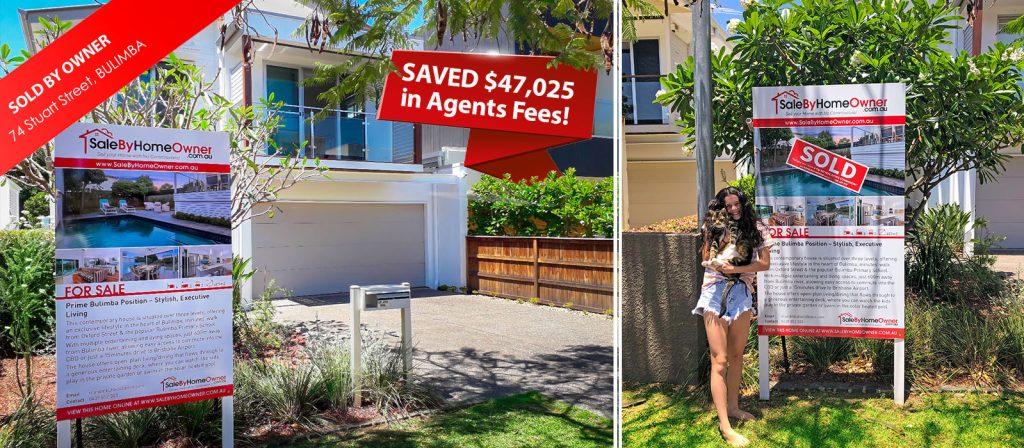Notifications

7 minutes, 37 seconds
-35 Views 0 Comments 0 Likes 0 Reviews

If you're thinking about selling your home, you've probably heard both terms—home equity and sale price—used often in real estate conversations. While they may seem similar, they refer to very different aspects of your property’s value. To make the most informed financial decisions, especially when planning to sell without an agent using platforms like For Sale By Home Owner, it's important to understand the concept of home equity vs sale price.
This article breaks down the key differences between the two and explains how understanding them can help you maximise your profit when selling your home.

The sale price is the amount a buyer agrees to pay for your property. It’s the final figure on the contract of sale and represents the market value of your home at the time of sale. Factors such as location, property condition, demand in the area, and the timing of your sale can all influence the sale price.
For example, if you list your home on the market for $700,000 and a buyer makes an offer of $690,000 that you accept, the sale price is $690,000.
This is the gross amount you’ll receive before any costs—like mortgage payoff, legal fees, and commissions—are deducted.
Home equity is the difference between the current market value of your home and the amount you still owe on your mortgage. In simpler terms, it's how much of the property you truly “own.”
Here’s the basic formula:
Home Equity = Market Value of Home – Outstanding Mortgage Balance
Let’s say your home is worth $700,000 and you still owe $200,000 on your mortgage. That means you have $500,000 in equity.
Your equity can grow over time as you pay off your mortgage or if your property value increases due to renovations or market appreciation.

The sale price is the total amount a buyer pays to purchase your home, while home equity is what you’re left with once you subtract what you still owe your lender.
Understanding home equity vs sale price helps clarify what portion of the sale proceeds you actually get to keep after the transaction. This distinction is critical for financial planning, especially if you’re using the money to buy another property or fund another major investment.
Many homeowners make the mistake of equating the sale price with the amount of money they'll walk away with. Unfortunately, that’s rarely the case.
Let’s break it down with an example:
Home Equity at Sale = $750,000 – $300,000 = $450,000
Net Proceeds (after costs) = $750,000 – $300,000 – $18,750 – $2,500 = $428,750
This means although your sale price is $750,000, your actual take-home amount is closer to $428,750.
When you understand home equity vs sale price, you can set realistic expectations and plan better for your next financial move.
Boosting your home equity before listing can increase your net profit. Here’s how you can do that:
Your equity isn’t just a number on paper—it’s real money you can use after the sale. You might choose to:
Platforms like For Sale By Home Owner give you more control over the selling process, allowing you to keep more of your equity by avoiding traditional agent fees.
Selling with an agent usually means paying thousands in commission. For example, a 2.5% commission on a $700,000 sale amounts to $17,500—money that comes out of your home equity.
With For Sale By Home Owner, you can sell your property yourself using a professional platform that lists your home on top real estate websites like realestate.com.au and Domain. You’ll get exposure, tools, and support—without sacrificing your equity to commissions.
Whether you’re experienced in property or a first-time seller, For Sale By Home Owner helps you take full control of your sale while keeping your hard-earned equity intact.
Understanding the difference between home equity vs sale price is essential for every homeowner looking to sell. While the sale price is what a buyer pays, your equity is the true value you walk away with—after debts and costs are settled.
To maximise your home equity and net profit, consider selling privately through For Sale By Home Owner. You’ll avoid high agent commissions, maintain control of the process, and ultimately keep more of your property’s value for your future.
So, before you list your home, take a moment to assess your current equity, research your local market, and explore the tools available through For Sale By Home Owner. The more informed you are, the more confident and profitable your sale will be.

